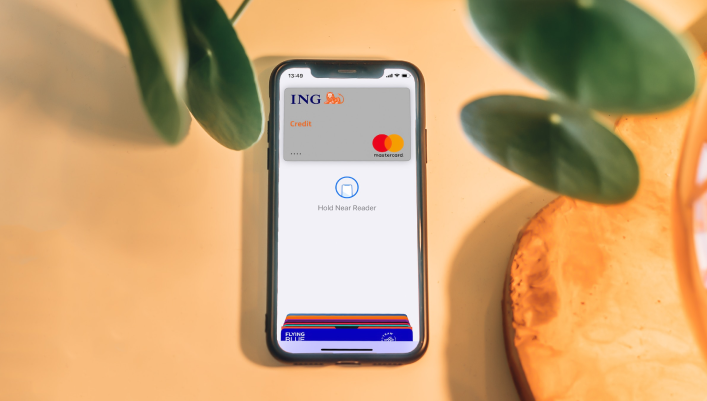If you’re tired of paying unnecessary fees to your bank, you’re not alone. Banking fees can add up quickly and eat away at your hard-earned money. In this guide, we’ll show you how to avoid common banking fees and keep more money in your pocket.
Part 1: Understanding Common Banking Fees
Before you can avoid banking fees, it’s important to understand what they are. Common fees include overdraft fees, ATM fees, monthly maintenance fees, and foreign transaction fees. These fees can range from a few dollars to hundreds of dollars per year, depending on your banking habits.
Part 2: How to Avoid Overdraft Fees
Overdraft fees can be one of the most costly banking fees. To avoid overdraft fees, make sure to keep track of your account balance and set up overdraft protection. You can also opt out of overdraft coverage altogether, which means that your transaction will be declined if you don’t have enough funds in your account.
Part 3: How to Avoid ATM Fees
ATM fees can also add up quickly, especially if you frequently use ATMs that are not owned by your bank. To avoid ATM fees, use your bank’s ATM network, withdraw cash when making a purchase at a store, or switch to a bank that offers ATM fee reimbursements.
Part 4: How to Avoid Monthly Maintenance Fees
Many banks charge monthly maintenance fees, which can be avoided by meeting certain requirements. For example, some banks waive monthly maintenance fees if you maintain a minimum balance, set up direct deposit, or use your debit card a certain number of times per month.
Part 5: How to Avoid Foreign Transaction Fees
If you frequently travel internationally, foreign transaction fees can add up quickly. To avoid these fees, look for a bank that offers no foreign transaction fees or use a credit card that offers no foreign transaction fees.
Banking fees can be a nuisance, but by understanding what they are and how to avoid them, you can save a significant amount of money over time. To avoid common banking fees, keep track of your account balance, use your bank’s ATM network, meet monthly maintenance fee requirements, and look for banks and credit cards that offer fee waivers. With these tips in mind, you can bank on savings and keep more of your hard-earned money in your pocket.
I hope you found this post helpful and informative. Remember, it’s important to regularly review your banking statements and fees to ensure that you’re not paying unnecessary costs. By following these tips, you can avoid common banking fees and keep more of your money for the things that matter most to you.



